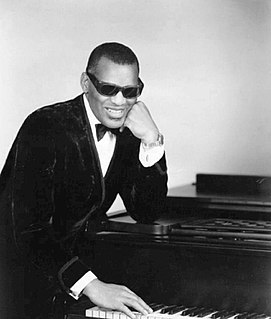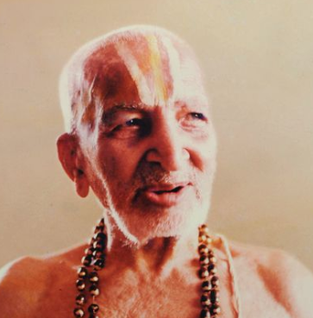A Quote by Dharma Mittra
Most adults don't sing anymore. We have to break that, and start singing the name of the Almighty One, try to cultivate the emotions. We have to elevate our emotions to the maximum, to the limit, and that then turns into spiritual bliss.
Related Quotes
One cultivates spaciousness or awareness which allows you to acknowledge the emotions and see them as part of the human condition. Emotions are like subtle thought forms and they all arise in response to something outside yourself. They are all reactions. You cultivate a quietness in yourself that watches these emotions rising and falling and passing away.
What is certain is that singing is not merely modulating a song by means of the voice: we sing and we celebrate the beauty that we can grow and live every day. If you want to sing and give emotions to those who are listening, you must have something to tell through your singing; you have to use singing like an instrument to tell something.
When you sing opera you are very far from the people, you are onstage, and between you and the people there is the orchestra. So you have to launch your emotions very, very far. When you sing pop, you are singing very close - the microphone is very close to your mouth. You can whisper your emotions into the microphone.





































